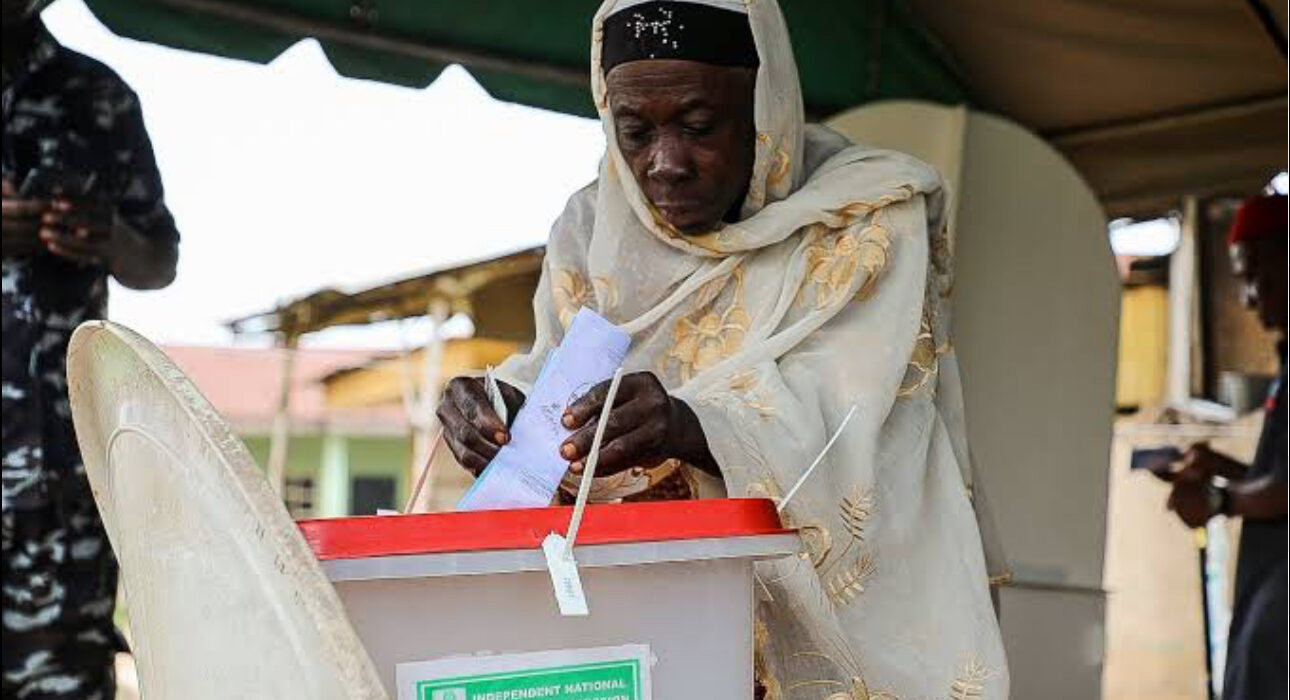Bill to Make Voting Mandatory Passes Second Reading in House of Reps

The House of Representatives has passed for second reading a bill seeking to make voting mandatory for all eligible citizens.
Sponsored by Speaker Tajudeen Abbas, the proposed legislation aims to boost voter turnout and strengthen Nigeria’s democratic processes by requiring all qualified Nigerians to participate in elections.
The bill seeks to amend existing electoral laws to mandate compulsory voting, a significant departure from the current voluntary system.
If enacted, Nigeria would join a small group of countries, including Australia, Belgium, and Brazil, that enforce compulsory voting as a means of enhancing democratic representation.
During the debate, supporters argued that mandatory voting could help address the chronic issue of voter apathy, which has plagued Nigerian elections in recent years.
They contend that a compulsory voting system would lead to more representative governance, as elected officials would be chosen by a broader segment of the population.
Speaker Abbas, the bill’s sponsor, emphasized that the legislation is intended to strengthen Nigeria’s democratic fabric by ensuring that every citizen has a voice in the country’s political future.
“A truly representative democracy depends on the active participation of its citizens. This bill seeks to guarantee that every Nigerian has a stake in the decisions that shape our nation,” he said.
However, the bill has not been without controversy. Some lawmakers have raised concerns about the potential infringement on individual freedoms, arguing that the right to vote should include the right not to vote. Critics also point to the practical challenges of implementing such a law in a country as diverse and geographically vast as Nigeria, where access to polling stations can be difficult in remote areas.
Others have questioned whether the bill addresses the root causes of voter apathy, such as security concerns, mistrust in the electoral system, and the cost of voting in time and resources.
With the bill now moving to the committee stage, lawmakers will have the opportunity to refine its provisions, including potential penalties for non-compliance.
This stage will also involve consultations with civil society groups, electoral experts, and other stakeholders to ensure the final legislation is both practical and effective.
If passed into law, the bill would mark a significant shift in Nigeria’s electoral framework, potentially transforming the way elections are conducted and reshaping the country’s democratic landscape.
Globally, compulsory voting remains a rare but impactful approach to increasing voter turnout. Countries that have adopted similar laws have reported higher participation rates, though the approach is not without its critics, who argue that it can lead to uninformed voting and increased administrative costs.
As the bill progresses through the legislative process, it is likely to spark further debate about the balance between civic duty and individual freedom, as well as the broader question of how best to ensure meaningful democratic participation in Nigeria.








